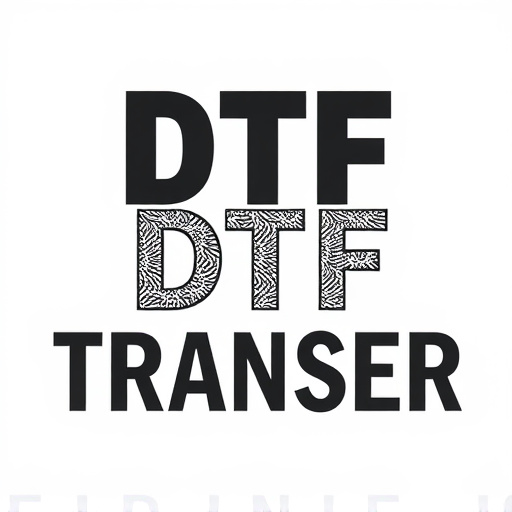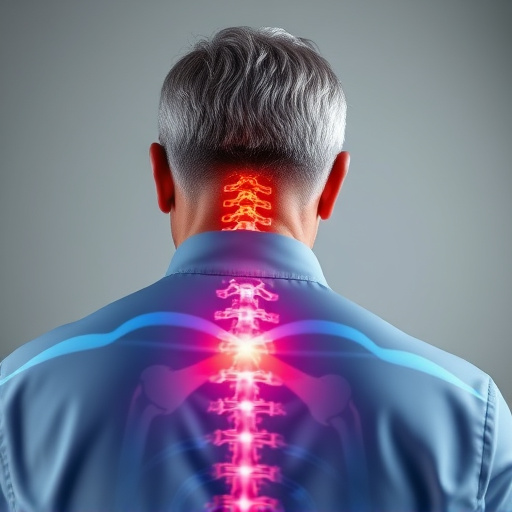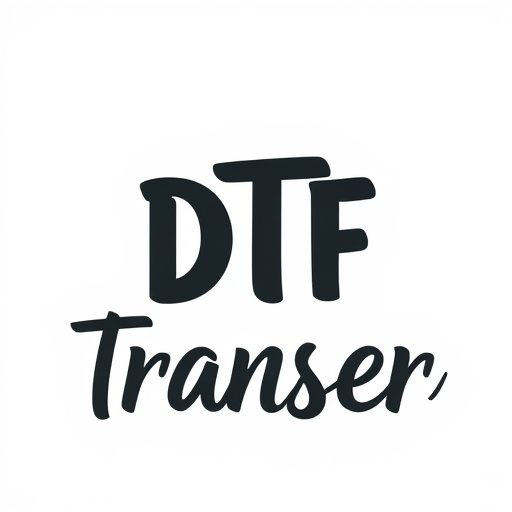In an interconnected global economy, understanding diverse cross-country legal systems is crucial for international business and dispute resolution. The U.S., with its 50 state-specific legal intake processes, exemplifies this diversity. These systems, while varying in procedure, aim to provide fair and efficient access to justice. Harmonizing these processes globally presents a challenge and opportunity to streamline access to legal services. By examining best practices from the 50-state legal intake systems approved worldwide, common issues can be addressed for enhanced efficiency and consistent quality legal service accessibility.
Cross-country legal systems vary vastly, reflecting unique cultural, historical, and political contexts. This article explores these complexities through three key lenses: understanding global legal frameworks, delving into the United States’ diverse 50-state legal intake systems, and comparing these processes to identify challenges and opportunities for harmonization on a global scale. By examining these aspects, we gain insights into the intricate web of legal diversity and its implications for international cooperation and standardized practices.
- Understanding Cross-Country Legal Systems: A Global Perspective on Legal Frameworks
- The United States' 50-State Legal Intake Systems: An Overview of Diverse Jurisdiction
- Comparing and Harmonizing Legal Intake Processes: Challenges and Opportunities in a Global Context
Understanding Cross-Country Legal Systems: A Global Perspective on Legal Frameworks

In today’s interconnected world, understanding cross-country legal systems is crucial for navigating international business and resolving disputes across borders. Legal frameworks vary significantly from one nation to another, reflecting diverse cultural, historical, and political contexts. The United States, for example, operates under a federal system with 50 state legal intake processes that have been approved, each with its own set of laws and regulations. This diversity creates both opportunities and challenges when dealing with international transactions or conflicts.
A global perspective on legal frameworks highlights the importance of recognizing and respecting these differences. Businesses operating internationally must be adept at understanding foreign laws and regulations to ensure compliance and mitigate risks. Similarly, legal professionals engaged in cross-border matters require a deep knowledge of various legal systems to provide effective assistance. This requires continuous learning and adaptation to stay abreast of changes in 50-state legal intake systems approved worldwide.
The United States' 50-State Legal Intake Systems: An Overview of Diverse Jurisdiction

The United States, with its unique federal structure, boasts a complex and diverse legal landscape, characterized by 50 distinct states each with its own legal intake systems. These systems, collectively known as 50-state legal intake systems, are approved mechanisms through which individuals can access justice and resolve legal disputes within their respective jurisdictions. Each state has developed its own set of rules and regulations governing legal proceedings, ensuring local control over matters such as civil litigation, criminal law, and family court cases.
The 50-state legal intake systems vary widely in terms of procedures and accessibility. Some states have streamlined processes with online platforms and centralized courts, while others maintain traditional, paper-based systems. Despite these differences, all aim to provide fair and efficient access to justice for their citizens, reflecting the diverse needs and cultural contexts across the nation.
Comparing and Harmonizing Legal Intake Processes: Challenges and Opportunities in a Global Context

In the globalized world, comparing and harmonizing legal intake processes across different jurisdictions presents a unique challenge and an opportunity to streamline access to justice. The United States, with its 50-state legal system, offers a diverse landscape of legal intake procedures. Each state has developed its own mechanisms for citizens to access legal services, resulting in varied experiences for individuals seeking legal aid. Understanding these processes is crucial for both practitioners navigating different states and clients looking for efficient legal support.
Despite the variations, there are opportunities for improvement and harmonization. By examining best practices from each state and internationally, it’s possible to identify common challenges and develop strategies to enhance legal intake systems. Standardizing certain procedures while respecting local legal traditions could improve efficiency, ensuring that individuals have consistent, accessible, and high-quality legal services worldwide.
Cross-country legal systems, as exemplified by the diverse 50-state legal intake processes in the U.S., present both challenges and opportunities for global harmonization. Understanding and comparing these systems offer valuable insights into improving legal accessibility and efficiency worldwide. By recognizing the unique features and intricacies of each jurisdiction, we can work towards creating a more unified legal framework that respects cultural diversity while ensuring fairness and consistency. This global perspective on legal intake processes holds the key to enhancing international cooperation and effectively addressing complex legal issues in an interconnected world.














